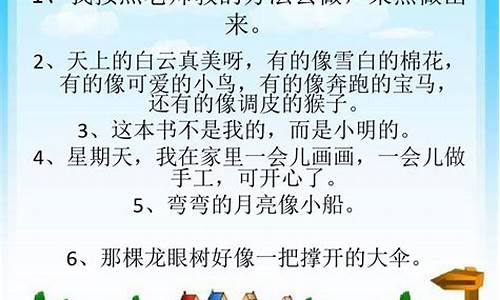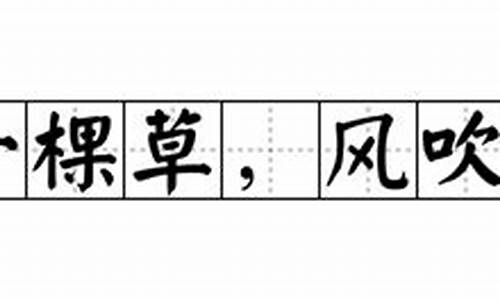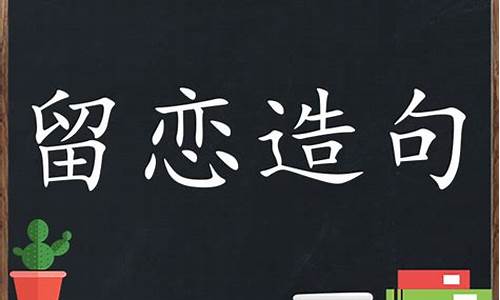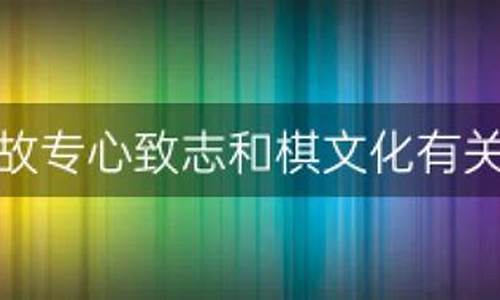您现在的位置是: 首页 > 成语分享 成语分享
猜灯谜的英文怎么说-猜灯谜的英语怎么写
tamoadmin 2024-11-06 人已围观
简介中秋节传统活动英语:Traditional Activities of the Mid-Autumn Festival。双语例句:1. 赏月 - Appreciating the Full Moon:Families and friends gather under the bright full moon, appreciating its beauty and completeness. 人们

中秋节传统活动英语:Traditional Activities of the Mid-Autumn Festival。
双语例句:
1. 赏月 - Appreciating the Full Moon:Families and friends gather under the bright full moon, appreciating its beauty and completeness. 人们聚集在明亮的圆月下,欣赏它的美丽和完整。
2. 吃月饼 - Sharing Mooncakes:Sharing and enjoying mooncakes with loved ones symbolizes unity and harmony. 与亲朋好友分享和品尝月饼,象征着团圆和和谐。
3. 悬挂彩灯 - Hanging Lanterns:Colorful lanterns in various shapes and sizes illuminate the night, creating a festive atmosphere. 各种形状和大小的彩灯照亮夜晚,营造出节日的氛围。
4. 猜灯谜 - Guessing Lantern Riddles:People engage in the tradition of guessing lantern riddles, promoting intellectual stimulation and fun. 人们参与猜灯谜的传统活动,促进智力刺激和娱乐。
5. 舞狮龙 - Dragon and Lion Dances:Dragon and lion dances bring streets to life, symbolizing good luck and warding off evil spirits. 舞龙舞狮将街道点亮,象征着好运和驱邪避鬼。
6. 制作柚子灯 - Making Pomelo Lanterns:Pomelos are carved into intricate designs, transforming into beautiful lanterns, signifying good fortune. 柚子被雕刻成复杂的图案,变成美丽的灯笼,象征着好运。
7. 赠送“福”字 - Giving and Receiving Hap:"Hap" (福) – meaning "good fortune" – adorns lanterns and decorations, spreading blessings and joy. “福”字(好运)装点在灯笼和装饰品上,传递祝福和快乐。
中秋节的这些传统活动不仅丰富了亚洲社会的文化底蕴,也弘扬了家庭、团结和感恩的价值观。通过这些活动,人们聚集在一起,欣赏月亮之美,加深彼此间的关系,并将他们丰富的文化传统传承给下一代。这个传统节日以其独特的仪式和活动,弘扬着团聚、传统和欢庆的精神,成为亚洲文化中的一颗璀璨明珠。
(英语)猜灯谜
eat sweetdumplings (或yuanxiao)吃元宵
watch lanterns赏花灯
watch Chinese shadow puppetry赏皮影戏
guess the lantern riddles猜灯谜
望采纳,祝元宵节快乐!happy Chinese Lantern Festival!
各种中国传统节日的英文介绍
1、f(ruit)what people and animals eat水果
2、w(ater)the liquid in rivers ,seas,etc水
3、d(rink)take water,tea,etc.in through the mouth喝
4、d(essert)sweet food eaten at the end of a meal甜点
5、c(heese)soft or hard food made from milk 奶酪
1、春节(农历一月一日) Spring Festival;Chinese New Year's Day
由来:
Primitive beliefs and sacrificial culture are important factors in the formation of New Year's Day.?
原始信仰和祭祀文化是春节形成的重要因素。
习俗:
such as Lunar New Year's dinner, keeping the age, New Year's money, temple fairs, flower lanterns and other customs.
如团年饭、守岁、压岁钱、庙会、赏花灯等习俗。
2、元宵节(农历一月十五日) Lantern Festival(龙灯节直译)
由来:
The custom of burning lamps on the fifteenth day of the first lunar month is related to the spread of Buddhism to the east.
正月十五燃灯的习俗与佛教东传有关。
习俗:
Lantern Festival mainly includes a series of traditional folk activities,
such as watching lanterns, eating dumplings, guessing lantern riddles and setting off fireworks.
元宵节主要有赏花灯、吃汤圆、猜灯谜、放烟花等一系列传统民俗活动。
3、清明节(公历4月5日前后,农历二月后半月至三月上半月间) Tomb-Sweeping Day
由来:
The Qingming Festival originated from the Spring Festival and the Spring and Autumn Festival in ancient times.
清明节源于上古时代的春祭,春秋二祭,古已有之。
习俗:
Tomb-sweeping, ancestor-sacrificing and outing are common basic etiquette and custom themes.
扫墓祭祖、踏青郊游是共同基本礼俗主题。
4、端午节(农历五月初五) Dragon Boat Festival(龙舟节直译)
由来:
Dragon Boat Festival, with a long history, evolved from the dragon totem worship held in Baiyue in ancient times.
端午节,历史悠久,由上古时代百越举行龙图腾祭祀演变而来。
习俗:
The Dragon Boat picking and rice dumplings are the two main themes of the Dragon Boat Festival.
扒龙舟与食粽子是端午节的两大礼俗主题。
5、中秋节(农历八月十五) Mid-Autumn (Moon)Festival
由来:
The Mid-Autumn Festival originated from the worship of celestial phenomena,
and evolved from the worship of the moon on the autumn evening in ancient times.
中秋节源自天象崇拜,由上古时代秋夕祭月演变而来。
习俗:
offering sacrifices to the moon, enjoying the moon, eating moon cakes,?
playing with lanterns, appreciating osmanthus flowers and drinking osmanthus wine.
中秋节自古便有祭月、赏月、吃月饼、玩花灯、赏桂花、饮桂花酒等民俗
6、重阳节(农历九月九日) Double-ninth Day(重九节直译)
由来:
The origin of Chongyang Festival can be traced back to ancient times. In ancient times,?
there were activities of harvest sacrifice and Mars sacrifice in autumn and autumn.
重阳节的源头,可追溯到上古时代。古时季秋有丰收祭天、祭祀大火星活动。
习俗:
There are customs such as climbing high to pray for blessings, visiting chrysanthemums in autumn, wearing dogwood,?
offering sacrifices to gods and ancestors, and feasting for longevity.
有登高祈福、秋游赏菊、佩插茱萸、祭神祭祖及饮宴求寿等习俗。
百度百科——中国传统节日









